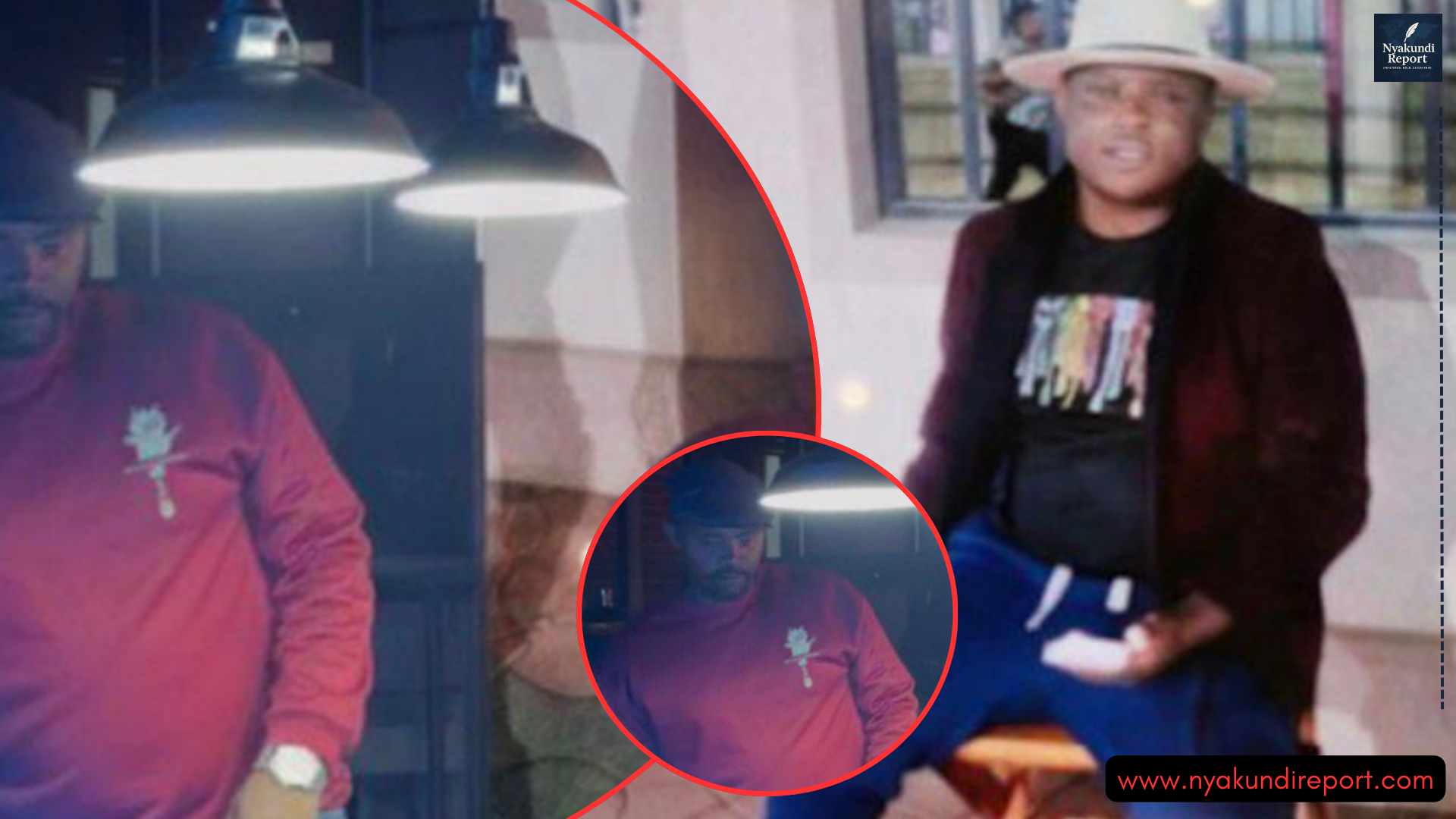The Inspector General of Police, Douglas Kanja, has exposed explosive new details about the mysterious X account allegedly linked to Albert Ojwang, the young man who died in police custody under suspicious circumstances.
Speaking before a Senate committee on June 11, Kanja revealed that the account, called Pixel Pioneer, had become a thorn in the side of top-ranking police officers, especially Deputy Inspector General Eliud Lagat.
With over 13,000 followers, the account had published posts accusing Lagat of corruption and collusion within the National Police Service. These revelations now place Ojwang’s digital trail at the center of a fast-developing national scandal.

Ojwang’s X Account Exposed in Senate Shocker
IGP Kanja told the Senate that Ojwang’s alleged X account wasn’t just a regular user ranting online. It was Pixel Pioneer — an account that had built a solid following, often sharing insider-like information that challenged the top brass of the police.
Kanja said one of the posts accused DIG Eliud Lagat of using trusted officers to control DCI desks, OB desks, and traffic shifts. The post implied a deliberate strategy to manage both intelligence and cash flows. Another went even further.
It showed Lagat standing beside senior officer Joseph Chirchir, claiming the Ethics and Anti-Corruption Commission (EACC) was probing them over a $2.6 million home in Dubai. The post was captioned “Eliud Lagat: Mafia Police.” The image, shared widely, caught public attention — and reportedly angered the DIG enough to take action.
Kanja told senators that Lagat officially wrote to the DCI, terming the posts defamatory. That kicked off a full-blown investigation under the Computer Misuse and Cybercrime Act (5) 2018.
The DCI boss, Mohammed Amin, directed the cybercrime unit to dig into the matter. They reached out to both the EACC and the Communications Authority of Kenya. Their goal was twofold: to verify if Lagat was under investigation and to trace who ran the Pixel Pioneer account.
CA and EACC Responses Confirmed the Truth
CA responded first. On June 4, the Authority confirmed that the Pixel Pioneer account was active. They also preserved its posts and registration data. The next day, EACC shot down the corruption claims, stating clearly that DIG Lagat was not under any investigation.
That key confirmation invalidated the posts’ content, supporting the argument that the account had published fake news. But the investigation didn’t stop there.
The CA dug deeper and linked another account — Kevin Moishyleez — to the situation. With that lead, detectives were able to identify two suspects: Albert Ojwang and Kevin Muinde.
Muinde was arrested in Kisii on Thursday, June 5. Ojwang was captured two days later on Saturday, June 7. Less than 24 hours later, Ojwang was dead.
Ojwang’s Death Deepens the Mystery
When Ojwang was reported dead, police initially claimed he had taken his own life. But that story quickly unraveled.
On June 11, Interior Cabinet Secretary Kipchumba Murkomen, IGP Kanja, DCI head Amin, and IPOA deputy chairperson Ann Wanjiku appeared before the Senate. They faced hard questions after an autopsy showed Ojwang’s death was not self-inflicted.
This revelation added fuel to the already growing public outrage. How could a man die mysteriously just hours after being arrested? And was his arrest really about cybercrime, or was it punishment for exposing the wrong people?
Senators demanded answers. And while Kanja and his team offered timelines and legal justifications, the death of Ojwang now looms large over the entire investigation. His X activity may have broken the law — but did it cost him his life?
What Comes Next for Ojwang’s X Account Investigation
With both suspects linked to controversial X activity and only one still alive, attention is shifting toward transparency and accountability.
Kanja said the investigation continues. But critics argue that the government’s handling of the case already points to deeper issues — including potential abuse of power, a lack of digital rights protection, and cover-ups inside the security system.
Ojwang’s X account is no longer just about fake posts. It’s now a symbol of a bigger question: can whistleblowers or critics of the government operate safely in Kenya’s digital age?












































